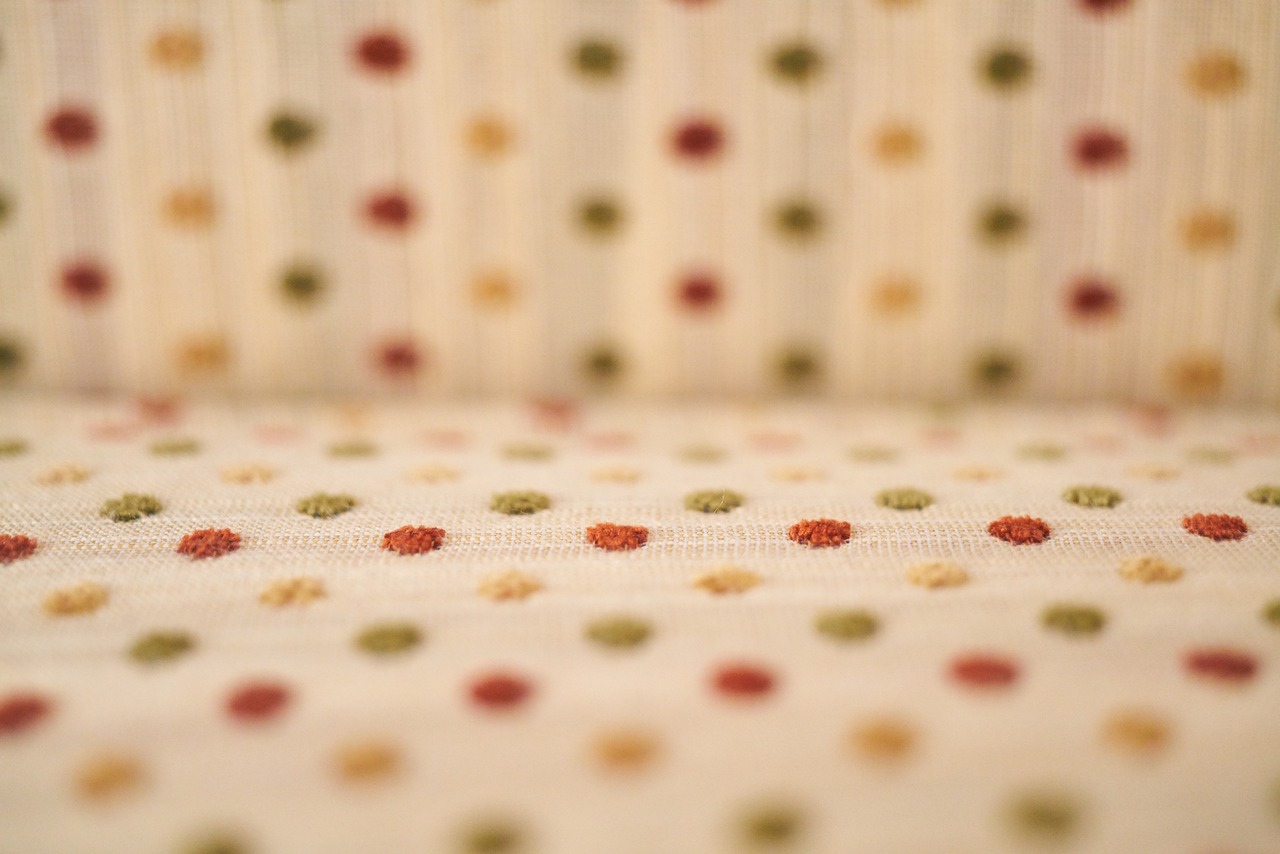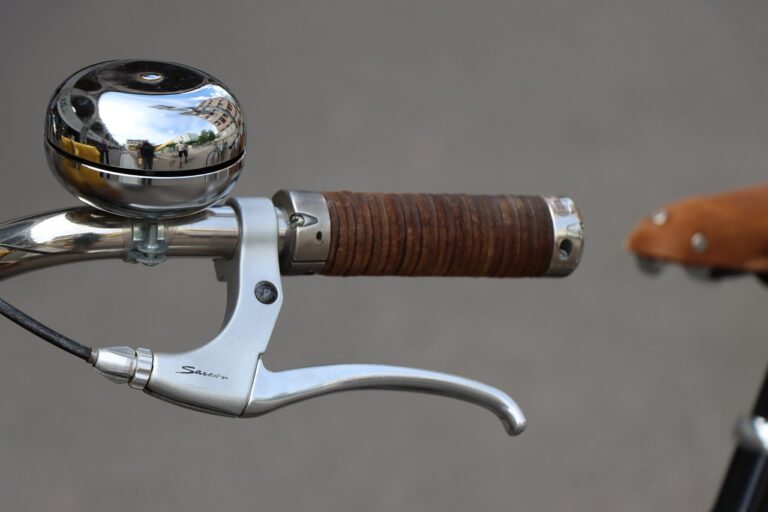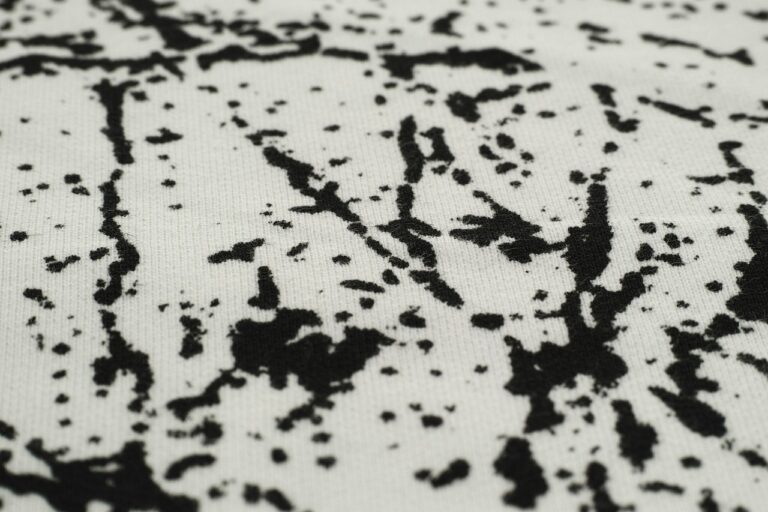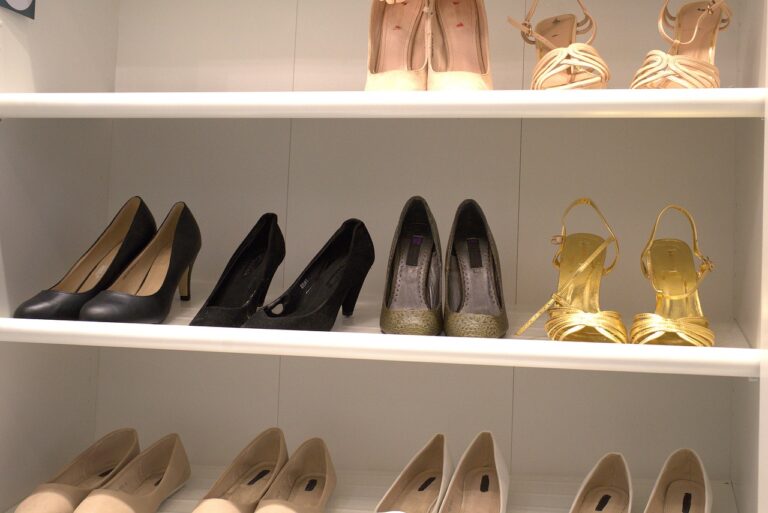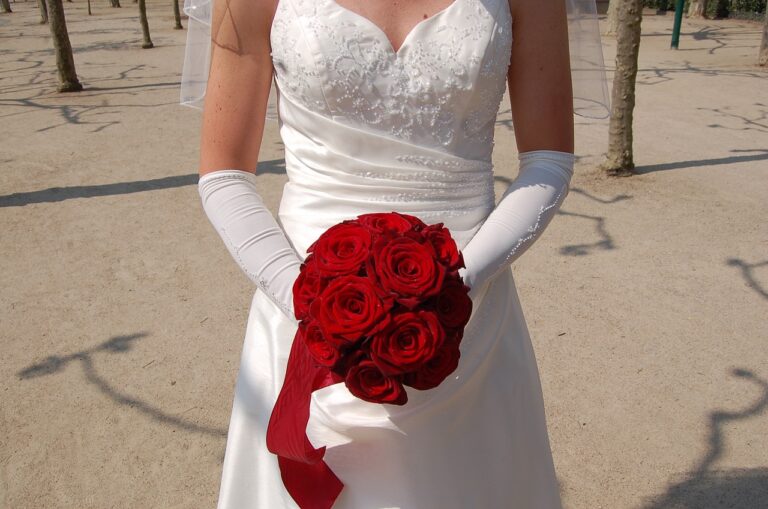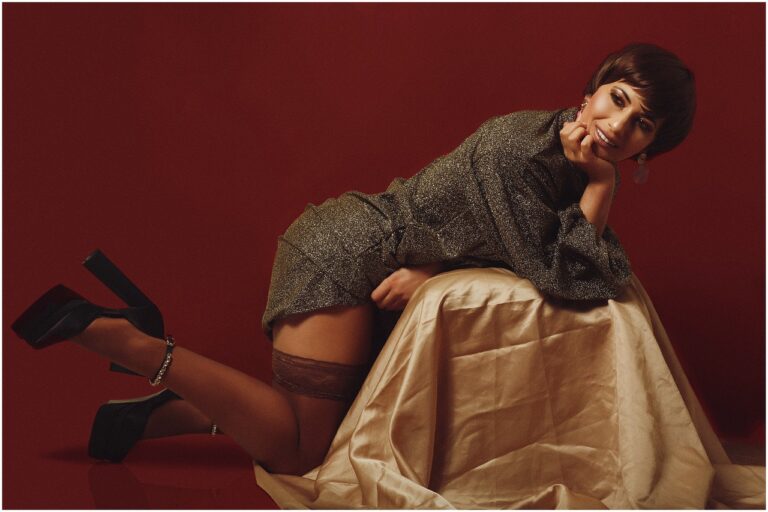Fashion Show Event Planning: Strategies for Success: 99 exchange, Laser247, World 777 betting
99 exchange, laser247, world 777 betting: Fashion Show Event Planning: Strategies for Success
Fashion shows are an exciting and glamorous way to showcase the latest trends in the industry. However, behind the scenes, there is a lot of hard work and planning that goes into making these events a success. From selecting the perfect venue to coordinating with designers and models, there are many moving parts that need to come together seamlessly. In this article, we will discuss some strategies for successful fashion show event planning to help you organize a memorable and successful event.
Venue Selection
The first step in planning a fashion show is selecting the perfect venue. The venue sets the tone for the event and can make a big impact on the overall experience for guests. When choosing a venue, consider factors such as capacity, location, ambiance, and amenities. Make sure the venue is easily accessible for guests and has the necessary space for the runway, seating, backstage area, and other event requirements.
Budgeting
Creating a budget for your fashion show event is essential to ensure that you stay on track financially. Start by outlining all the costs associated with the event, including venue rental, decor, lighting, sound, catering, marketing, and staffing. Keep track of your expenses and be prepared to make adjustments as needed. Consider seeking sponsorships or partnerships to help offset some of the costs and increase your budget for the event.
Vendor Coordination
Fashion shows require the coordination of various vendors, including designers, models, hairstylists, makeup artists, photographers, videographers, and more. Make sure to communicate clearly with all vendors regarding expectations, timelines, and deliverables. Create detailed schedules and timelines to ensure that all vendors are on the same page and that the event runs smoothly.
Marketing and Promotion
Effective marketing and promotion are key to the success of a fashion show event. Utilize social media, email marketing, press releases, and partnerships with influencers and bloggers to create buzz around the event. Consider offering giveaways, discounts, or exclusive early access to generate excitement and increase ticket sales. Collaborate with designers to create teaser videos or sneak peeks of their collections to build anticipation for the show.
Runway Design and Production
The runway is the centerpiece of a fashion show event and should be carefully designed to showcase the collections in the best light. Work with a production team or set designer to create a visually stunning runway that complements the fashion and enhances the overall aesthetic of the show. Consider lighting, music, special effects, and choreography to create a memorable and impactful runway experience for guests.
Staffing and Volunteer Management
Event staffing is crucial to ensure that the fashion show runs smoothly and efficiently. Recruit a team of experienced event planners, coordinators, ushers, security personnel, and volunteers to help with setup, check-in, seating, backstage management, and other essential tasks. Provide clear instructions and training to staff and volunteers to ensure that everyone is on the same page and works together cohesively.
Feedback and Evaluation
After the fashion show event is over, take the time to gather feedback from attendees, vendors, and staff to evaluate the success of the event. Analyze what went well and what could be improved for future events. Consider conducting surveys, analyzing social media engagement, and reviewing sales and attendance data to measure the impact of the event. Use this feedback to inform your planning for future fashion show events and make adjustments as needed.
In conclusion, successful fashion show event planning requires careful attention to detail, effective communication, strategic partnerships, and creativity. By following these strategies and tips, you can organize a memorable and successful fashion show event that showcases the latest trends in the industry and leaves a lasting impression on attendees.
FAQs
Q: How far in advance should I start planning a fashion show event?
A: It is recommended to start planning a fashion show event at least 6-12 months in advance to allow ample time for venue selection, vendor coordination, marketing, and promotion.
Q: How can I attract sponsors for my fashion show event?
A: To attract sponsors for your fashion show event, create a detailed sponsorship package outlining the benefits and opportunities for sponsors, such as branding, exposure, networking, and exclusive perks. Reach out to potential sponsors with a compelling proposal and demonstrate the value of partnering with your event.
Q: What are some cost-saving tips for organizing a fashion show event?
A: Some cost-saving tips for organizing a fashion show event include seeking out partnerships or collaborations with vendors, using digital marketing and social media for promotion, negotiating with venues and vendors for discounts, and repurposing decor or materials from previous events.
Q: How can I ensure the safety and security of attendees at a fashion show event?
A: To ensure the safety and security of attendees at a fashion show event, work with experienced security personnel, implement crowd control measures, conduct safety inspections of the venue, provide emergency plans and protocols, and communicate safety information to attendees before and during the event.

